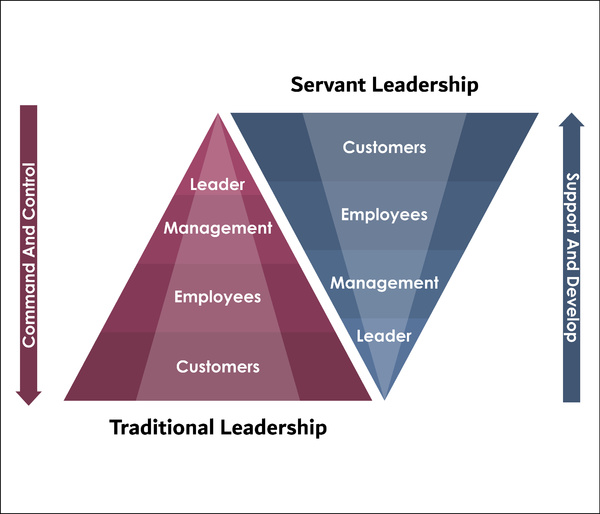THE WORLD’S #1 EXECUTIVE COACHING AND BUSINESS COACHING BLOG SINCE 2017.
Why Executive Coaches Should Always Focus on Culture Changes
July 10, 2023 | Category: Blog, Executive Coaching
Culture determines many of the variables that define the success of an organization. Intelligent leaders see organizational culture as one of the main levers through which they can empower, engage, and inspire their employees. It is their essential tool of leadership. Because executive coaches understand the power of organizational cultures, they tend to focus on cultural changes.
“Culture isn’t just one aspect of the game—it is the game. In the end, an organization is nothing more than the collective capacity of its people to create value.” – Lou Gerstner
The culture of an organization defines how it behaves, functions, thinks, makes decisions, and structures itself. Organizational cultures also define attitudes toward change, new values, and new processes. Culture permeates every pore of a company. It changes and evolves, reflecting the evolving values, priorities, and goals of the organization.
Organizational cultures represent the main lever through which leaders exert influence, inspire, empower, and motivate their employees. From the perspective of leadership coaching, it makes perfect sense for executive coaching efforts to focus on leaders’ ability to shape organizational cultures.
An organization’s culture resides in the hearts and souls of its employees.
For fresh leaders, making a timely culture-wise difference in an organization can be challenging. Many tend to put off culture-focused efforts, focusing on seemingly more urgent matters. Others may think it will take them years to effect change on a cultural level.
No one in a leadership position can afford to neglect the organizational culture.
It’s nonsensical to think of culture and cultural change in terms of years. Cultural change has no beginning or end other than the beginning and end of the organization itself. As long as the company exists, it has a culture. Leaders must constantly shape and mold this culture according to the values and purpose of the organization and the requirements of the business environment.
Culture as a Key Element of Organizational Transformation
“To change a culture, the leaders have to change the messages people receive about what they must do to fit in.” – Fred Kofman.
Adaptive organizational cultures can change to support transformation. Within the framework set by the purpose, values, and goals of their organizations, all leaders should make the creation of an adaptive culture their top priority.
Leadership coaching recognizes that organizational cultures are as unique as the organizations that support them. From the perspective of executive coaching, we can delineate a handful of consistent elements that define adaptive culture.
- Servant leadership. In adaptive organizational cultures, leaders are enablers. They empower and motivate the people while holding them accountable.
- A cooperative mindset. Adaptive organizational cultures facilitate cross-organizational cooperation.
- A focus on the customer. Customer experience defines the success of an organization above profits and products.
- Learning. Cultures that value experimentation through empowerment and learning find it easier to adapt and adopt new approaches.
- Data-based approach. Optimal decision-making includes many variables. Critical and analytical thinking are some of its essential components. Adaptive organizational cultures value data- and analysis-based decisions over gut instincts and experience.
Servant leadership is one of the cornerstones of adaptive organizational cultures.
In What Other Ways Do Healthy Cultures Help Organizations?
Focusing on organizational culture makes sense from executive coaching as well as business coaching perspectives. Leaders capable of shaping the cultures of their organizations can usher in an era of:
- Better employee engagement. Organizational cultures have a defining impact on employee engagement. To connect to the organizational purpose and assume psychological ownership of its goals, employees need to feel safe, valued, and motivated.
- Improved talent retention. In an increasingly competitive business environment, organizations compete for human resources. Healthy, inclusive organizational cultures act as magnets for talent. A positive organizational culture also prevents talent from leaving for greener pastures.
- Increased productivity. Healthy cultures facilitate employee empowerment and alignment with organizational goals. Engaged employees cooperate, innovate, and hold each other accountable.
- Resilience. An adaptive organizational culture allows individuals and teams to embrace change more effectively. Disruptions will, therefore, have less of a negative impact on the organization.
- Better customer experience. Positive cultures that empower, engage, and motivate employees encourage people to go the extra mile and invest meaningful effort in developing strong relationships with customers.
Positive organizational cultures have profound impacts on how organizations manage, navigate, and embrace change. That’s the main reason business coaching and executive coaching focus efforts on organizational culture changes.





